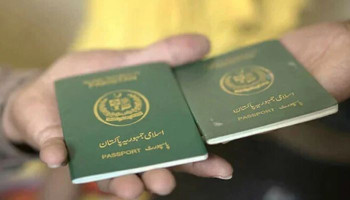
Indonesia has recently announced to ban on the usage of iPhone 16 models and Apple Watch Series 10 within its borders. This decision affects both new sales and previously sold units, making it challenging even for tourists with these devices.
The ban follows Apple’s failure to meet certain investment commitments in the country.
Why has Indonesia banned Apple devices?
Foreign companies are compelled to meet a "40% local content" policy by the country of Indonesia if these companies want to sell in it. This would mean, for example, that a product's value would need to originate from within Indonesia on a 40% value basis, either through manufacturing or sourcing or investment in other local facilities.
Apple had pledged a $109 million investment to meet this requirement by setting up “Apple academies” for tech training and supporting local infrastructure.
Read more: Apple working on new app dedicated to prediabetics
Reports indicate that such investments from Apple only summed up to approximately $95 million, short of the estimated amount of around $14 million.
According to various sources, underinvestment in this regard prompted the Indonesian Ministry of Industry to withhold IMEI certifications of the iPhone 16 and the Series 10 Apple Watch.
Apparently, the devices cannot legally operate in Indonesia without this certification. Industry Minister Gumiwang Kartasasmita has even warned that any iPhone 16 found in use in Indonesia is considered illegal.
What’s next for Apple in Indonesia?
It’s still unclear whether Apple would take action to fulfil the remaining investment requirement. Until then, the ban on the iPhone 16 and Apple Watch Series 10 stands, affecting potential buyers and current users alike.
This development marks a significant impact on Apple’s latest product launch, as meeting local regulations and investment promises remains key to operating in markets like Indonesia.
















